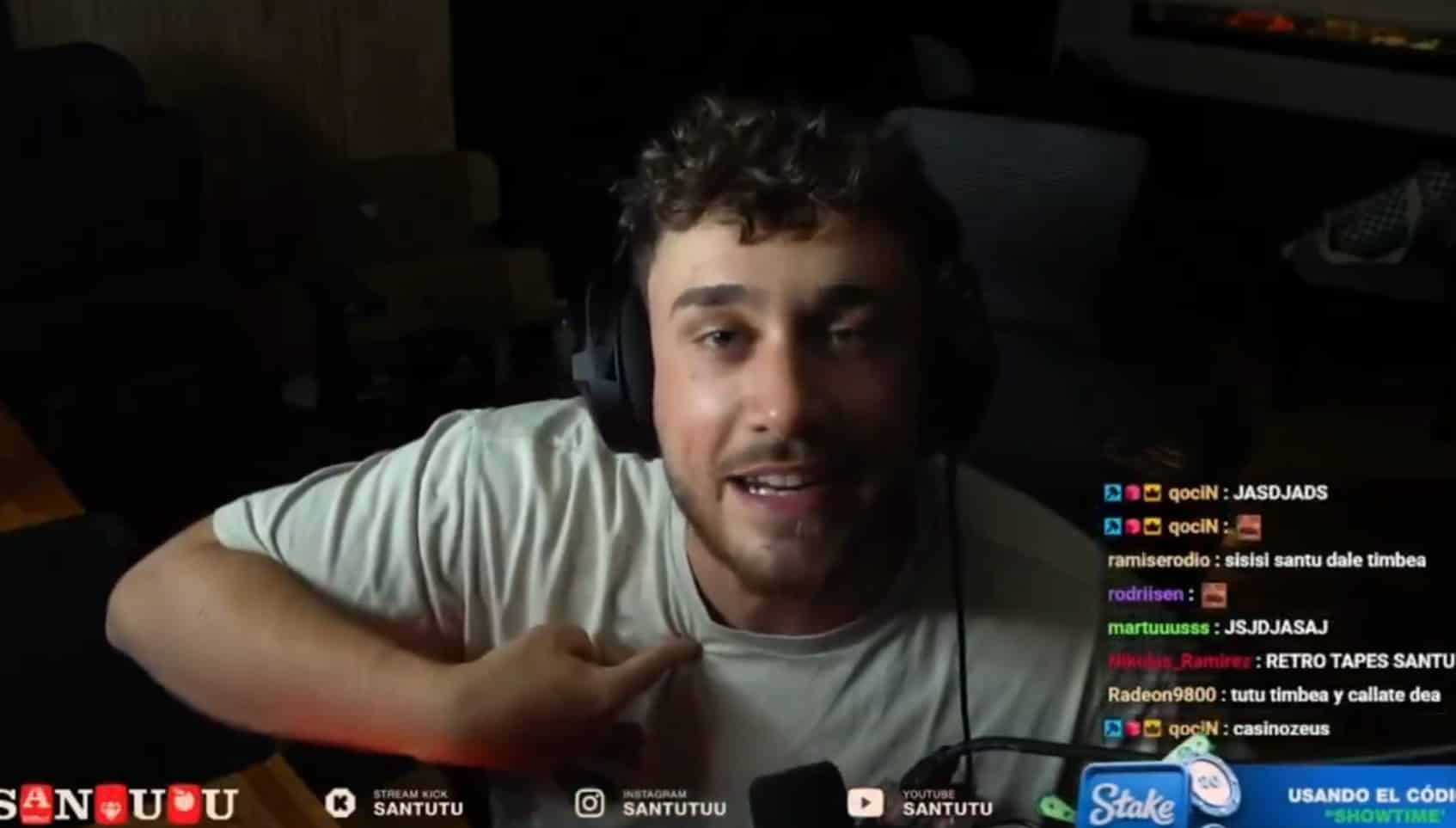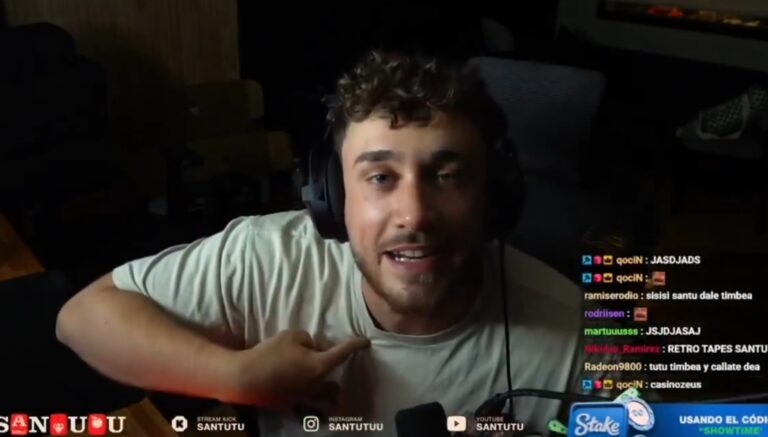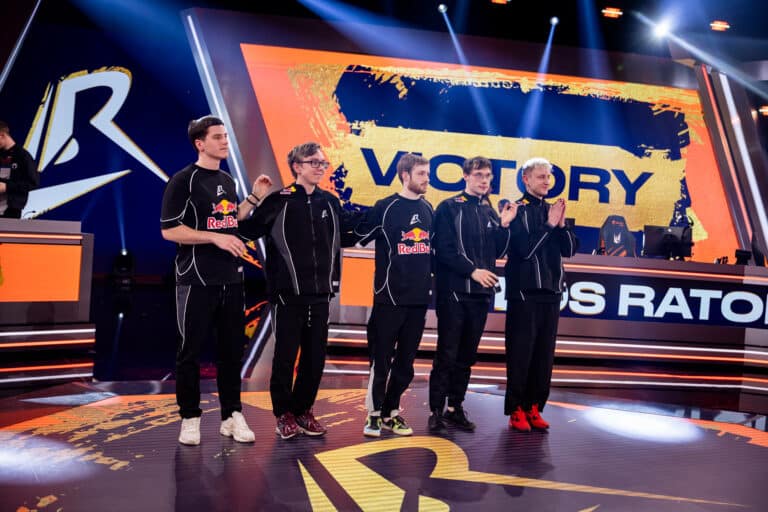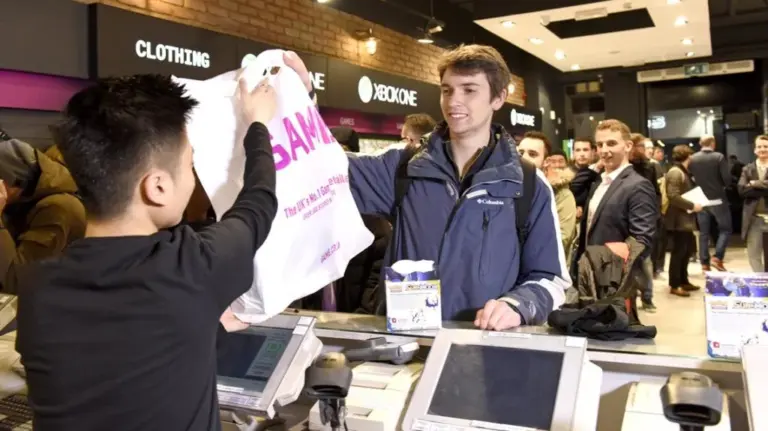Gambling Health Alliance calls on parents to boycott loot boxes, finds a quarter of gamers are ‘addicted’ to them
Dom Sacco, Senior Editor
Last Updated: 27/12/2020
Around a quarter (24%) of gamers said they felt addicted
to loot boxes, amidst new calls for regulation over in-game purchases.
The Gambling Health Alliance has published new findings and set out its #LidOnLoots campaign.
It found that 15% of young gamers had taken money from their parents without their permission to buy loots boxes, and that three young gamers’ loot box habits in particular had resulted in their families having to re-mortgage their homes to cover the costs.
One in ten (11%) had used their parents’ credit or debit card to fund their loot box purchases, and another one in ten (9%) had borrowed money they couldn’t repay to spend on loot boxes.
91% of survey respondents said that loot boxes should be classified as a form of gambling.
Many games, including competitive titles, contain loot boxes (or similar forms of paid-for and/or freemium content) such as FIFA, Overwatch, League of Legends, Hearthstone and more.
The findings were the result of a survey of 611 young people in the UK, according to this post on GamesIndustry.Biz, with the Gambling Health Alliance calling on parents to boycott loot boxes.
“We are calling for parents to be aware of the risks of loot boxes, and to boycott games with these predatory mechanics until we see them classified as a form of gambling and removed from games played by under 18s.”
Duncan Stephenson, Gambling Health Alliance
Duncan Stephenson, Chair of the Gambling Health Alliance and Deputy Chief Executive of the Royal Society for Public Health, said: “We know that many teenagers unwrapped video games for Christmas, and while we know they give a huge amount of enjoyment for many, we are concerned that games containing loot boxes are having an impact on the finances of young people.
“While this is a small survey of gamers, our research suggests that the drive to play games containing loot boxes is encouraging many to beg, borrow and steal – loot boxes really are the gift that keeps on taking.
“Aside from the financial cost, our latest survey with gamers suggests that the fixation with loot boxes can lead to classic symptoms of addiction including mood swings, problems sleeping, and impacting on their social life.
“We are calling for parents to be aware of the risks of loot boxes when buying presents this Christmas, and to boycott games with these predatory mechanics until we see them classified as a form of gambling and removed from games played by under 18s.”
The Gambling Health Alliance is campaigning for:
- Paid-for loot boxes to be legally classified as gambling
- A ban on paid-for loot boxes within games for under 18s
- Parents to boycott games which contain paid-for loot boxes
- Gamers to call out game publishers on social media who use the most ‘predatory loot box mechanics’
- People to start conversations with young people in their lives about the risks of gambling and where they can turn for help
Last year, a DCMS Committee recommended the UK Government to ban the sale of loot boxes to children, and earlier this summer, the House of Lords called on Government to class loot boxes as a form of gambling.
Dom Sacco, Senior Editor
Dom is an award-winning writer and finalist of the Esports Journalist of the Year 2023 award. He has almost two decades of experience in journalism, and left Esports News UK in June 2025. As a long-time gamer having first picked up the NES controller in the late '80s, he has written for a range of publications including GamesTM, Nintendo Official Magazine, industry publication MCV and others. He also previously worked as head of content for the British Esports Federation.
Stay Updated with the Latest News
Get the most important stories delivered straight to your Google News feed — timely and reliable





From breaking news and in-depth match analysis to exclusive interviews and behind-the-scenes content, we bring you the stories that shape the esports scene.
Monthly Visitors
User Satisfaction
Years experience
Latest News











